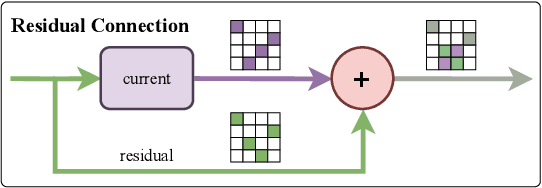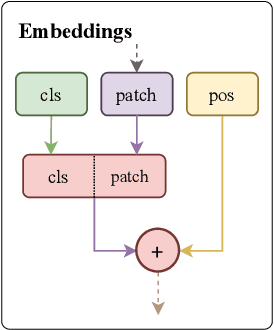Moritz Imfeld
ETH Zurich
Transformer Fusion with Optimal Transport
Oct 15, 2023



Abstract:Fusion is a technique for merging multiple independently-trained neural networks in order to combine their capabilities. Past attempts have been restricted to the case of fully-connected, convolutional, and residual networks. In this paper, we present a systematic approach for fusing two or more transformer-based networks exploiting Optimal Transport to (soft-)align the various architectural components. We flesh out an abstraction for layer alignment, that can generalize to arbitrary architectures -- in principle -- and we apply this to the key ingredients of Transformers such as multi-head self-attention, layer-normalization, and residual connections, and we discuss how to handle them via various ablation studies. Furthermore, our method allows the fusion of models of different sizes (heterogeneous fusion), providing a new and efficient way for compression of Transformers. The proposed approach is evaluated on both image classification tasks via Vision Transformer and natural language modeling tasks using BERT. Our approach consistently outperforms vanilla fusion, and, after a surprisingly short finetuning, also outperforms the individual converged parent models. In our analysis, we uncover intriguing insights about the significant role of soft alignment in the case of Transformers. Our results showcase the potential of fusing multiple Transformers, thus compounding their expertise, in the budding paradigm of model fusion and recombination.
 Add to Chrome
Add to Chrome Add to Firefox
Add to Firefox Add to Edge
Add to Edge